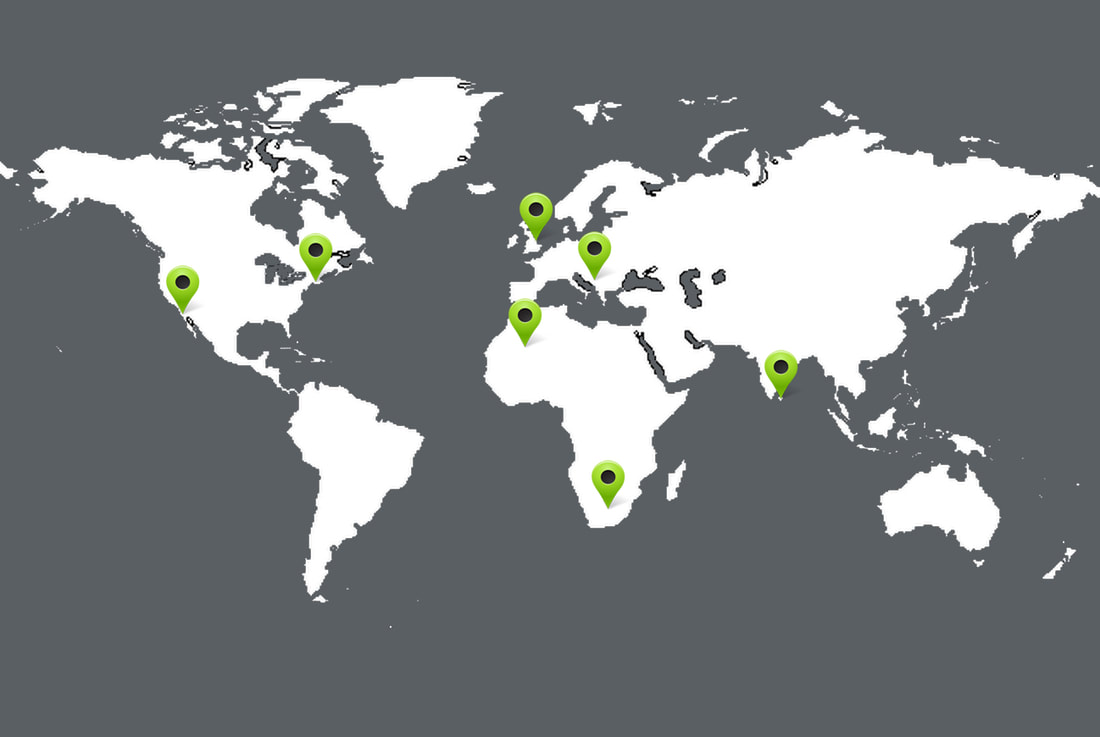|
by Debbie Newman Anyone who's had the privilege of visiting/experiencing Kosovo will appreciate the contagious spirit of reinvention that exists throughout this rapidly transforming nation. Working hard to establish their national and cultural identity and gain global acceptance, the Kosovar people have fought hard to sever ties with Serbia -- from whom they sought independence in 2008 -- and gain recognition as a country in their own right. And while Kosovo still faces an uphill battle (they have yet to be embraced by the United Nations or the European Union), they took a key step towards asserting their autonomy this week by embracing the power of social media. According to yesterday's New York Times, Kosovo has already managed to carve out a new identity for itself in the digital realm. As the NYT reports, Kosovar citizens recently joined forces with members of U.S. Congress in petitioning Facebook to update their geopolitical tags. Even better? They actually succeeded. As a result of their digital media campaign, Facebook has agreed to acknowledge Kosovo's emergence as a sovereign nation by recognizing its place on the world map. (Previously, residents and visitors to the region who wished to promote their geographic whereabouts online were forced to register/identify with Serbia.) And while this may, perhaps, seem like only a minor victory, it's important to consider the influence Facebook wields in shaping our global perceptions (and, seemingly, our modern news cycle). For a country like Kosovo -- young, resilient, passionate, determined -- the chance to air their history and struggle for acceptance on a global stage is already cause for celebration. That the rest of the world is finally taking notice of (and reacting to) their predicament may be seen as a beacon of hope. And, perhaps, a harbinger of more happy news to come. (Via NYT)
0 Comments
Enas Elmohands, member of Arts Action Group, teaches students at Calhoun High School on Long Island, NY about the Moroccan government's occupation of the Western Sahara and the consequential refugee situation in Algeria. Calhoun High School has dedicated programming addressing human rights issues. Enas worked with Adelphi faculty member Diana Feige on this project. Enas and another Adelphi student, Tyra Busigo presented to small groups of students on different pressing human rights abuses, including human trafficking and what's going on in the Western Sahara. In Enas's group a range of issues were covered including the history, geography, human rights violations, as well as the role of women in the camps. It's news to most people that women and men have equal rights and women take on leadership roles across the camps and in the diaspora. The role of arts and culture to push back against the human rights abuses was illustrated through the work of the ARTifariti festival. Early in the conflict between the Moroccan government and Western Sahrawi community, violent protests were the norm. Over time, the community has moved away from violent protests to working with arts and culture as a 'weapon' to fight the oppression as well as to raise global consciousness regarding this situation. The culminating activity was for each student group to share their human rights issue with their peers as well as to find some way of taking action in support of human rights for Western Sahara.
Finding ways of fostering human rights for all is a multifaceted endeavor, both large and small. Engaging youth in these issues is critical to imagining future worlds with less discrimination and more opportunities. |
Archives
July 2024
ArtsAction Group
For the most up-to-date information regarding our work and projects, check out our website and social media sites. We will be using this space to comment and post projects, activities and conversations about our work. Categories
All
|
ArtsAction Group
Locations |
|
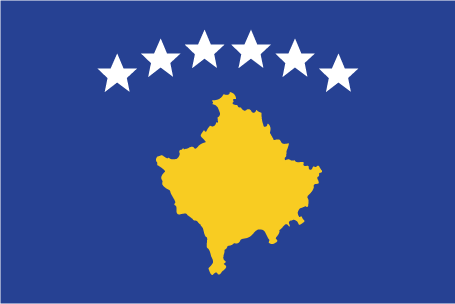
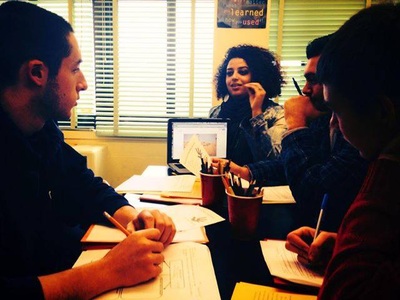
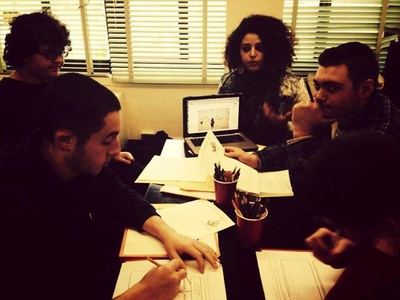
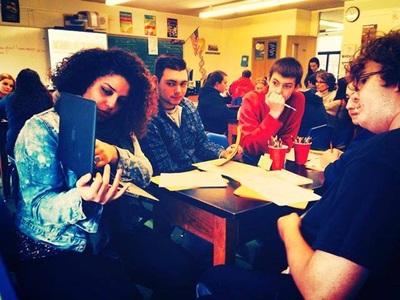
 RSS Feed
RSS Feed
